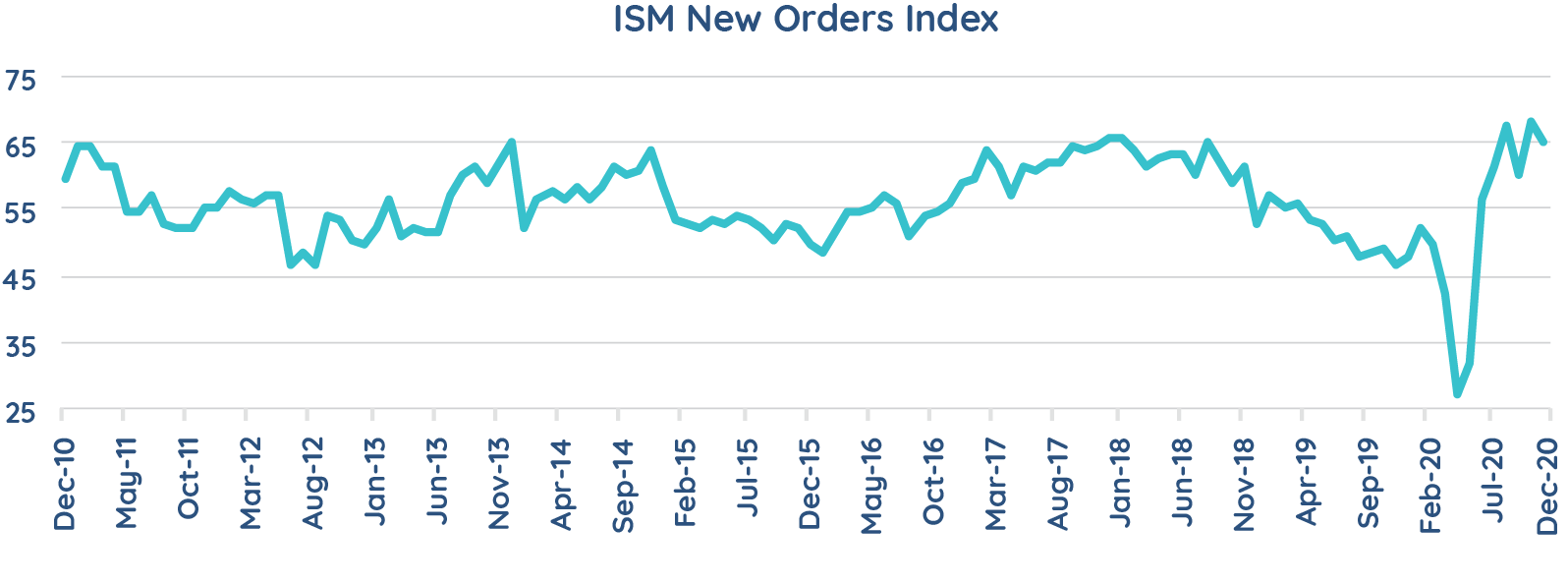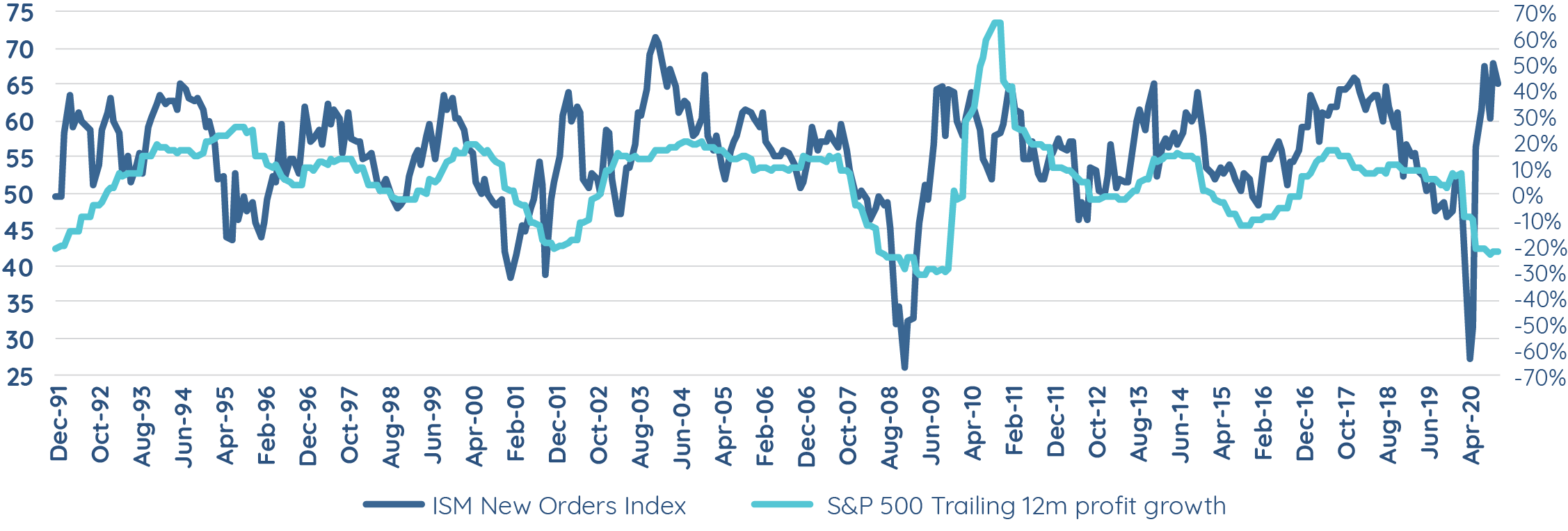Foxes and hedgehogs
When it comes to investor psychology, the Ancient Greeks knew what they were talking about.
They categorised people as either hedgehogs or foxes. Foxes, they said, know many things whereas hedgehogs know one big thing.
Early last year equity investors were all hedgehogs with the Coronavirus being the one big thing they knew.

As a result, between 20 February and 23 March, the MSCI World Index went down by a third in the steepest decline of its size on record and the VIX index, a volatility measure of the S&P 500 known as the ‘fear index’, blew out to an all-time high.
However, from the March market low, there was a gradual transformation from hedgehog to fox culminating in Q4. Throughout this time, many stocks rallied significantly. Equity indices in the US hit all-time highs driven by a historic imbalance between a very small number of "mega-cap" technology stocks and the rest. Investors woke up from the pandemic being the only thing that mattered, to it being one of many factors.
Of those that we would highlight, three were general and should persist into 2021:
- Monetary and fiscal stimulus was of unprecedented scale and accompanied by clear "whatever it takes" commitments from authorities worldwide,
- The development of vaccines in record time meant it was possible to look through the disturbing short-term COVID data,
- Economic data began to recover and drove sentiment: showing investors arguably care less about current levels and more about changes of direction.

Source: Talaria, St Louis Federal Reserve

Source: Bloomberg, Talaria
The US election was a specific factor:
- Biden becoming President-elect eliminated one uncertainty, and markets hate uncertainty,
- While by the end of December there was no "blue sweep," the early January elections have now given the Democrats control of the Senate, which will likely be more stimulatory for the US economy.
Most importantly, for all the terrible consequences of the pandemic, it had a major positive effect in ending a long-running economic cycle while kicking off a new one.
While monetary and fiscal measures prevented economies completely falling off a cliff, they also offer an opportunity to invest in this year’s early cycle economic growth and future expansion.
The equity advantage
In our view, equities are a good way to approach this reset.
Cash and bonds as significant parts of a retirement portfolio are probably non-starters. Both have their places but interest rates on cash are very low and it would take an unusual view of the world to justify a heavy weighting. More importantly, as we discussed previously, government bonds in developed markets are unattractive in that they:
- Tend to be expensive, offering little, no or negative yields to maturity
- They are unlikely to offer the traditional hedging characteristics upon which the classic 60:40 portfolio (60% equities: 40% bonds) is based - on current valuations, investors cannot expect government bonds to provide positive returns when stock markets fall
- They are vulnerable to inflation, the threat of which is the most credible since the early eighties.
Equities on the other hand represent regions, sectors, industries and companies that will, in many cases, see their cash flows grow with economic recovery.
Moreover, although it is a complicated dynamic, equities (particularly those valued as shorter duration) – shorter time to make back your investment or those representing companies with a degree of pricing power – can also benefit from inflation picking up.
This means while an investor knows that growing inflation will reduce her real return from bonds, she might see an improvement in her return from shares if the companies the shares represent can grow cashflows in the inflationary environment.
Which equities?
One rule is to buy growth when growth is scarce, and to buy value when there is growth for all. A variation on this theme is to invest in value when there is a wide-spread between value and growth and invest in growth when that spread is narrow.

Source: Talaria, Bloomberg
This arbitrage lens provides a guide to which areas of the market are interesting. Strictly speaking, arbitrage is a value-based strategy but relative performance is useful shorthand, with areas that have been weak for an extended period worthy of consideration as the below charts demonstrate (all charts below are 10-year price relative):

Source: S&P Dow Jones Indices
As the charts show, one class of shares can underperform another for years: in themselves these relationships are not timing tools, yet they are powerful indicators of when there are changes in economic and market cycles. In view of the reset, they are worth taking seriously.
Stay up to date
Don't forget to click "like" if you enjoyed this wire, and hit the "follow" button below to be informed whenever Chad publishes on Livewire.
3 topics
